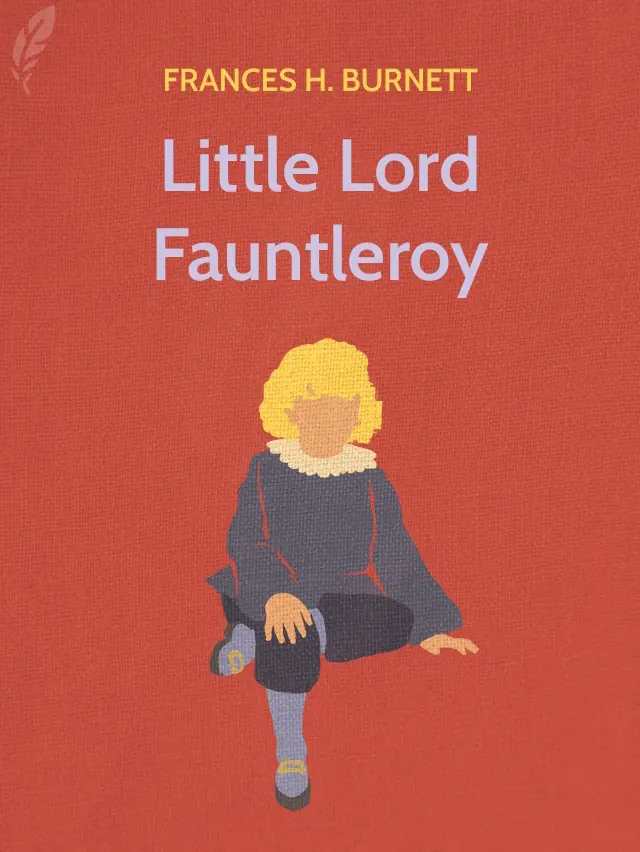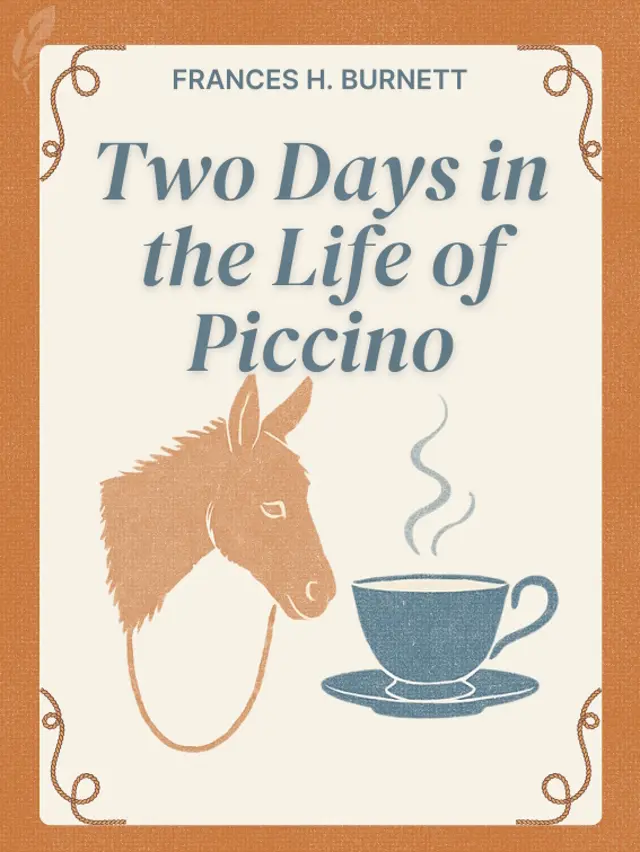
Little Lord Fauntleroy
Frances Hodgson Burnett
Children's classics


Audiobook Available
Listen to Two Days in the Life of Piccino in the app. It's free and ad-free.
Meet the young Piccino, who lives in Ceraini, a small Italian town, with his family. A rich lady from England notices the child and wishes to adopt him and turn him into a fine boy from the upper class. Piccino is not certain he will ever adapt to such a new lifestyle, wishing nothing more than to go home… This is a story about innocence and the longing for home that no wealth can soothe. Piccino represents a nameless youth who’s not interested in raising up to social expectations. “Two Days in the Life of Piccino” is the first part of “Piccino and Other Child Stories”. Be sure to check this lovely tale!
Author
Read by


Audiobook Available
Listen to Two Days in the Life of Piccino in the app. It's free and ad-free.
Meet the young Piccino, who lives in Ceraini, a small Italian town, with his family. A rich lady from England notices the child and wishes to adopt him and turn him into a fine boy from the upper class. Piccino is not certain he will ever adapt to such a new lifestyle, wishing nothing more than to go home… This is a story about innocence and the longing for home that no wealth can soothe. Piccino represents a nameless youth who’s not interested in raising up to social expectations. “Two Days in the Life of Piccino” is the first part of “Piccino and Other Child Stories”. Be sure to check this lovely tale!
Author
Read by